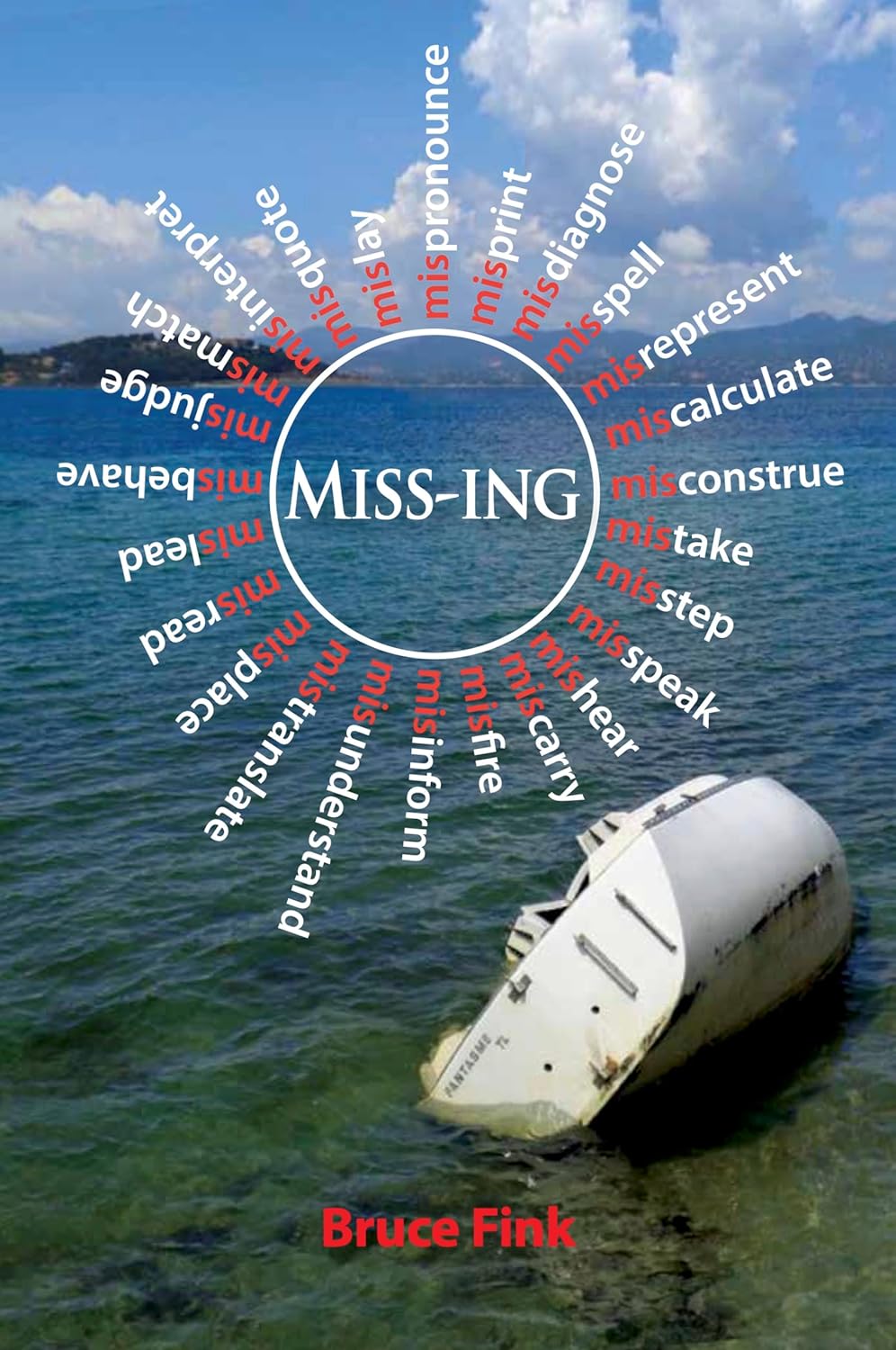Miss-ing: Psychoanalysis 2.0

Book Details
- Publisher : Aeon Books
- Published : 2024
- Pages : 352
- Category :
Lacanian Psychoanalysis - Catalogue No : 97766
- ISBN 13 : 9781801521338
- ISBN 10 : 1801521336
Reviews and Endorsements
This superb collection of papers offers not only focused discussions of specific topics in Lacanian psychoanalysis but also a general introduction to the Lacanian psychoanalytic approach. The book will be of special interest to those trained in other modalities of the talking therapies, as Fink compares and contrasts Lacanian perspectives with mainstream object relations paradigms, showing areas of intersection and difference. Highly recommended for anyone working today in the field of analytic and psychotherapeutic practice.
Darian Leader, psychoanalyst at the Centre for Freudian Analysis and Research, London
From a place of lack, from what is missing, from a thing of nothing, there emerges the creative power of transformation. With originality, verve, and wit, this clinically perceptive, compelling book by Bruce Fink, a distinguished psychoanalyst and eminent theoretician, generously reveals the ins and outs of the life-changing potential of psychoanalytic work. Precise, readable, teachable, illuminating -unmissable!
Patricia Gherovici, psychoanalyst and author
With Miss-ing: Psychoanalysis 2.0, the brilliant psychoanalyst and translator Bruce Fink deftly demonstrates how various forms of 'missing' are central to human existence. From repression to love to the artifices of the imaginary to supervision, with his usual clarity and engaging writing Fink makes no misstep in covering a wide variety of topics crucial to psychoanalytic theory and practice. To miss out on this book would be a big mistaker!
Stephanie Swales, Lacanian psychoanalyst and Associate Professor of Psychology, University of Dallas
This generous collection of essays, interviews, and epigrams exhibits all the virtues that have enabled Bruce Fink to become by far the most esteemed scholar, translator, and practitioner working in the Lacanian field today. Whether reflecting on clinical issues, theoretical questions, or the challenges of translating Lacan into English, his views are invariably insightful, consistently accessible, and subtly beguiling. For these reasons, and because I cannot find anything amiss in this book's thoroughly enjoyable survey of misses, I have no misgivings about stating that it is not to be missed!
Dany Nobus, Professor of Psychoanalytic Psychology, Brunel University London

